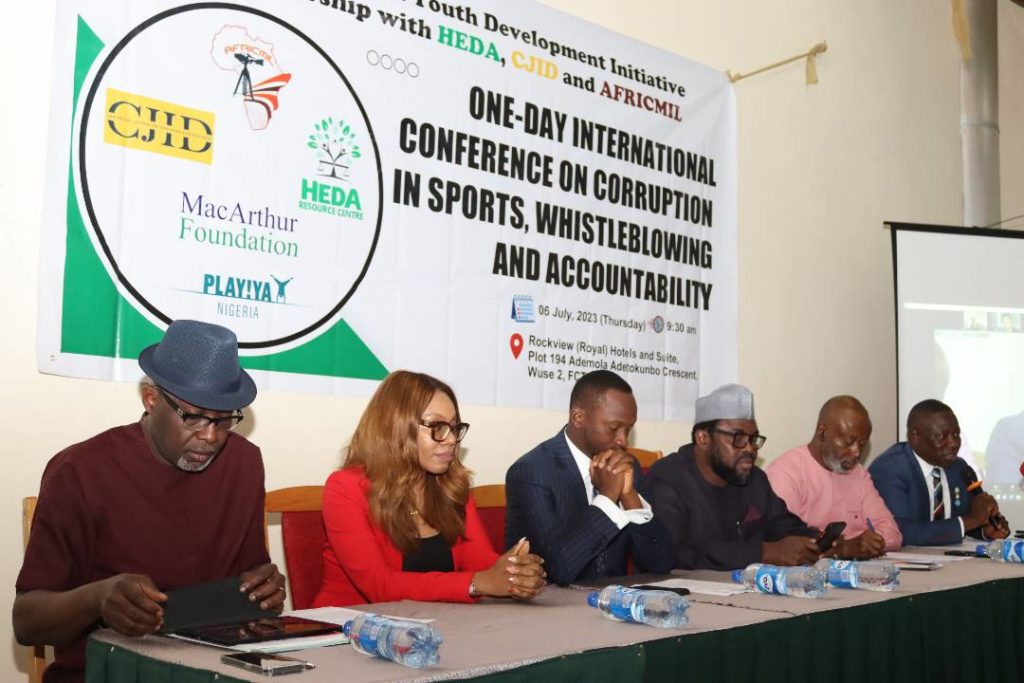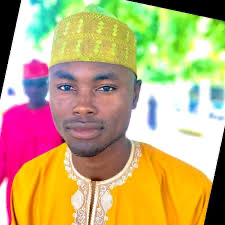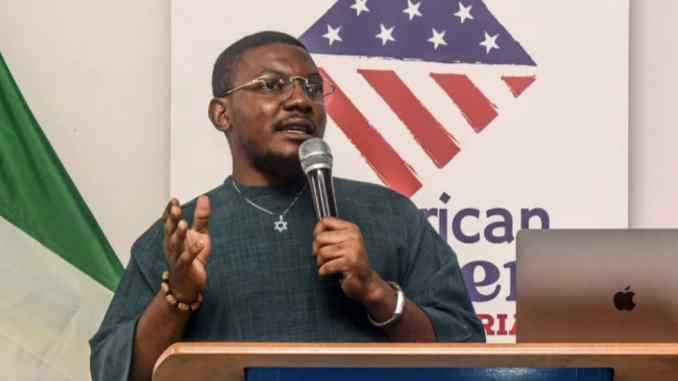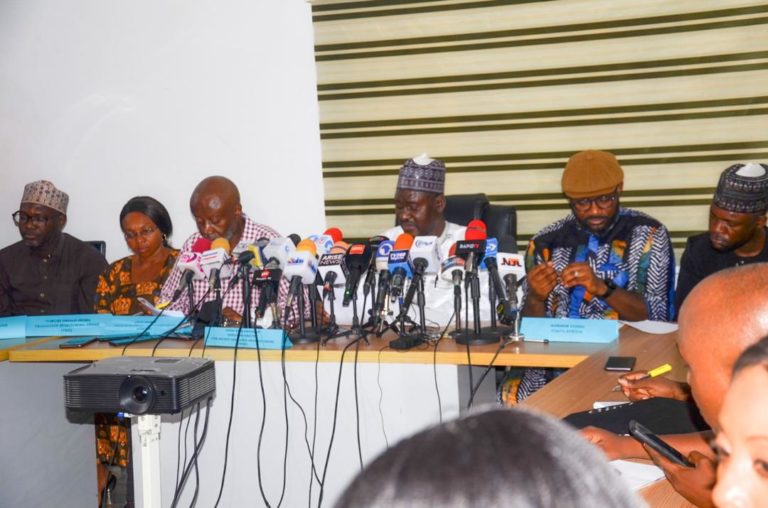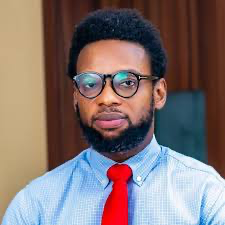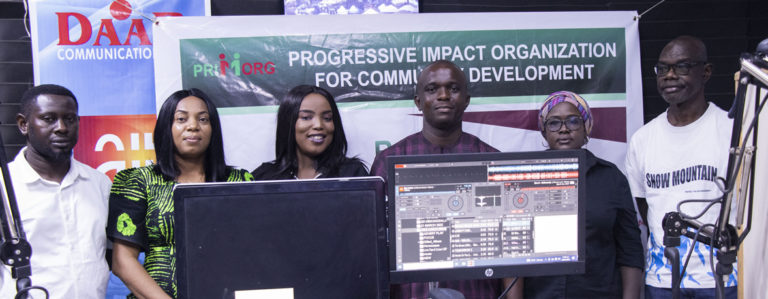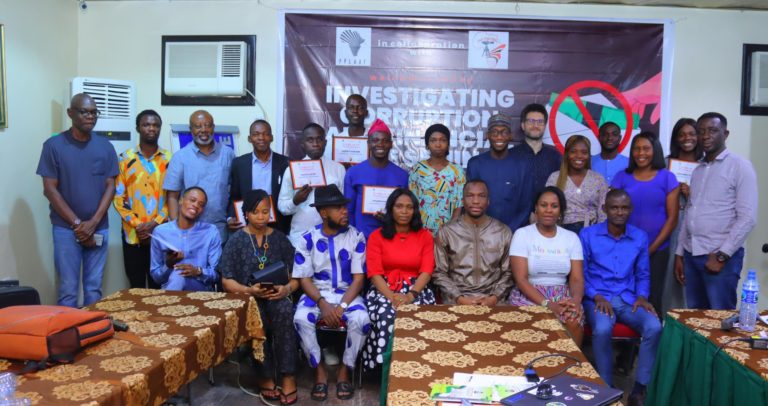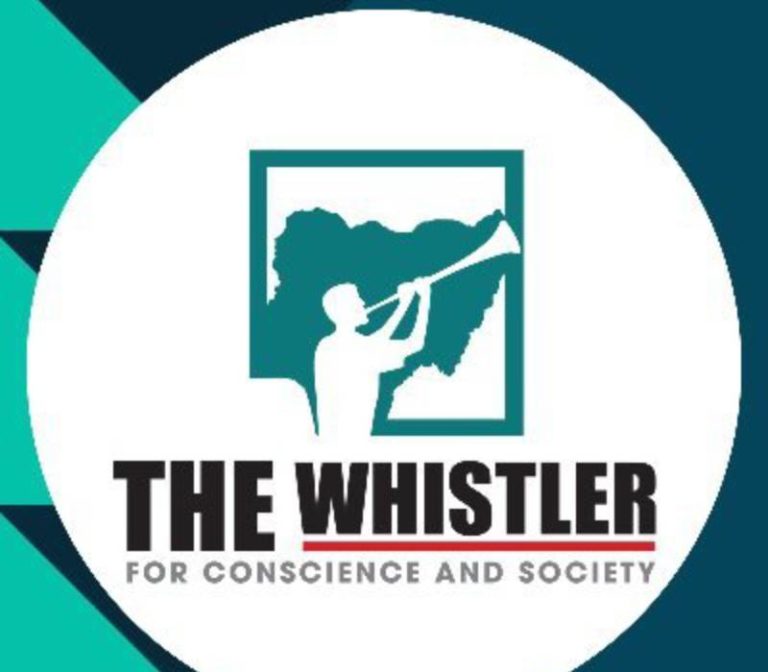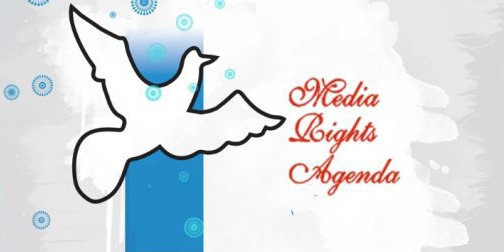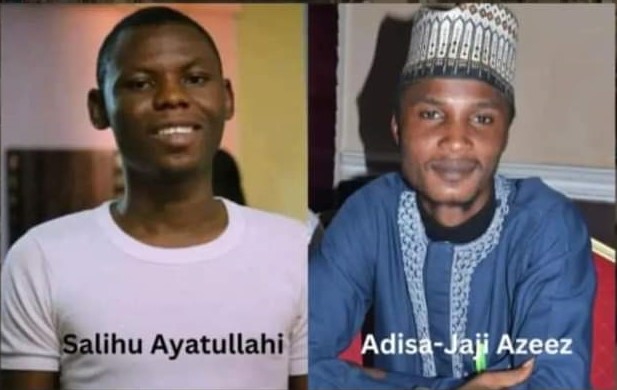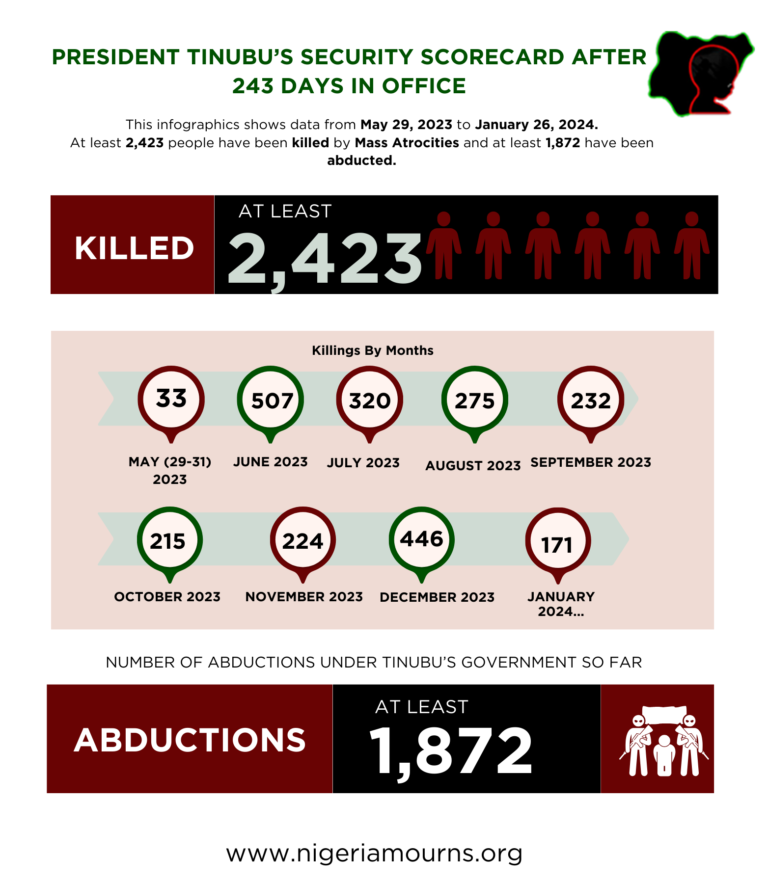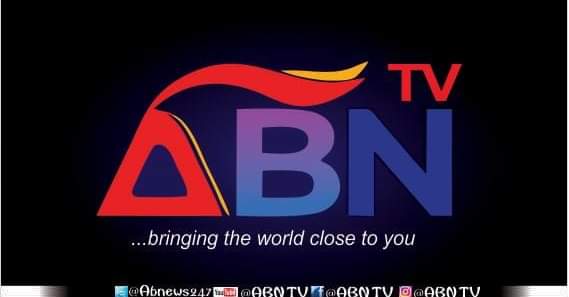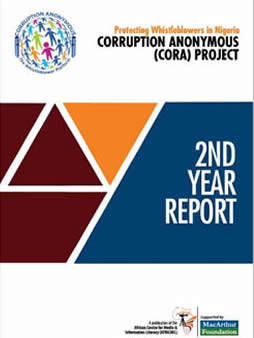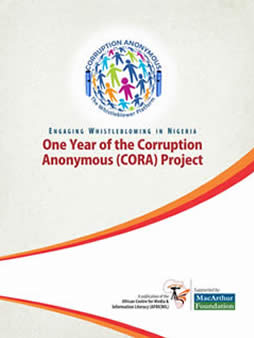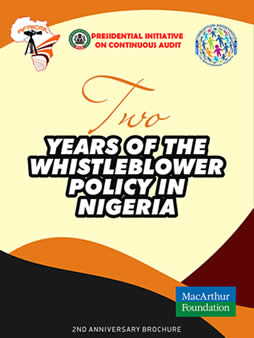A conference on corruption in sports, whistleblowing and accountability was held July 6 by PLAYYA, a
sport-inclined non-governmental organisation in collaboration with African Centre for Media and
Information Literacy (AFRICMIL), Human and Environmental Development Agenda (HEDA) and Centre for Journalism Innovation and Development (CJID). The conference was organized to address the rising problem of corruption in the sports industry and examine options, among them whistleblowing, as a mechanism for enhancing accountability in the sector. Dr. Tobi Oluwatola, executive director of CJID who chaired the conference, stated that the decline of Nigeria’s sports industry was due in part to corruption, a lack of transparency, and nepotism. He added
that the sport export was no longer as successful as it once was due to the power brokers' failure to
make proper use of the funds earmarked for the sports industry.
Echoing him, Olanrewaju Suraju, chairman of HEDA resource center, noted that the nation had not yet
taken the time to decide how to use the funds allotted to the sports business to develop youthful talent.
He claimed, "We are not supplying people who are sincerely committed to the growth of sports.”
Dr. Chido Onumah, coordinator of AFRICMIL, declared the conference open by reminding those in
attendance that the conference's goal is to examine the difficulties the sports industry faces and
develop long-term solutions to these issues. He also emphasized the value of grassroots football,
commonly known as street soccer, claiming that this is where most raw and young talent are
discovered.
In her keynote address, Grit Hartmann, an investigative journalist and author of the "ClearingSport"
research from Germany, identified a few of the challenges faced in tackling sports crime. They included,
among other things, the judiciary's lack of independence, the failure to enforce the law, the culture of
concord, and deference to the president. She said sports has become a global conduit for human rights
breaches and is also increasingly being exploited as a weapon for image/money laundering.
The conference featured three panel discussions covering various urgent concerns in the sports
industry. Identification and prosecution of corruption in sports was the main topic of discussion in the
first panel session, which was moderated by BBC sportswriter, Oluwasina Okeleji. In her contribution,
Mrs. Beverly Agbakoba-Onyejianya, partner and head of the sports, entertainment, and technology
department at Olisa Agbakoba Legal (OAL) in Nigeria, outlined some of the various forms of corruption
in sports, including sexual harassment and assault, politicization of sports, the use of drugs and alcohol
as energy boosters, among others.
She underlined the necessity of responsibility and cooperation for the growth of the sports industry.
"We must all start acting as gatekeepers on the field of sports. We need to identify the roadmap on how
to chart a new course." Building capacity for grassroots sports like football or tennis, setting up internal
departments to investigate the sports industry, setting up secure hotlines where people can call in
anonymously, compiling data to make it possible to account for the resources and money that go into
sports, and outfitting institutions that can train people to work as professionals in various sports are
some of the solutions she suggested.
Another panelist, Mr. Usman Kaltung, from the Economic and Financial Crime Commission (EFCC), stated
that the culture of silence is the EFCC's biggest obstacle in combating corruption in the sports industry. He explained that people hardly ever spoke out against or reported sports corruption. Additionally, he claimed that people in control abused the money given to the sports industry and failed to account for it. “Nigerian money is public fund, and according to the law, it must be accounted for wherever it goes”. However, he asked Nigerians to end the culture of silence and expose unethical behavior in the sports world.
Measurement and management of the numerous sports governance problem was the topic of the
second panel discussion, which was moderateds by Suraj. Francis Orbih, President of the Nigerian
Badminton Federation (BFN), spoke on the significance of good governance in sport and how it
contributes significantly to the development and expansion of the sports sector. "Good administration is
essential to any effort, but especially to sports, and productivity declines wherever there is a crisis,” he
stated. Three of his teams' players participated in the Paralympics in Tokyo for the first time, he added, as part of his success as president of BFN.
Professor Joshua Umeifekwe of the University of Nigeria Nsukka (UNN) provided a list of some of the
factors that lead to multiple sports governance. They included poor financial management, a lack of
engagement with stakeholders, a lack of transparency, and an ineffective accountability system. He
highlighted how these factors have somehow made it more difficult to manage sports. However, he
offered advice on how to handle multiple sports governance. They included, among other things, the
creation of explicit ethical rules, education and training, a clear communication mechanism, and
monitoring and assessment.
Senior analyst Stanis Elsborg of "Play the Game" Denmark noted that accountability in sports governance is deteriorating. Okeleji observed that journalists and whistleblowers must be protected so that they can speak out against corruption in the sports industry during the third panel discussion, when participants discussed ways that journalists and whistleblowers might expose wrongdoing. He did, however, exhort journalists to always act honorably by preserving their reputations.
The programme manager for AFRICMIL, Godwin Onyeacholem, highlighted that disclosing misconduct in the public interest constitutes whistleblowing in and of itself. He added that among reasons why people are reluctant to report corrupt authorities include criticism and the failure to act on the disclosures. He added that if whistleblowers know they would be protected, their obligation to report wrongdoing will be strengthened.
The panelists offered suggestions for reducing corruption and promoting the expansion and
development of the sports industry. According to Onyeacholem, a varied group of activists including
lawyerss, journalists, and other professionals should establish a movement with the specific purpose of
reporting malpractice in the sports industry. Orbih suggested that grassroots sports be revived in light of
the fact that many well-known football players sprang from them. Dr. Oluwatola urged participants to
collaborate and develop the key action points required to get work done and restore productivity to the
Nigerian sports sector, while Mr. Robert Kempe urged journalists to use their networks to investigate
corruption in the sports sector.

